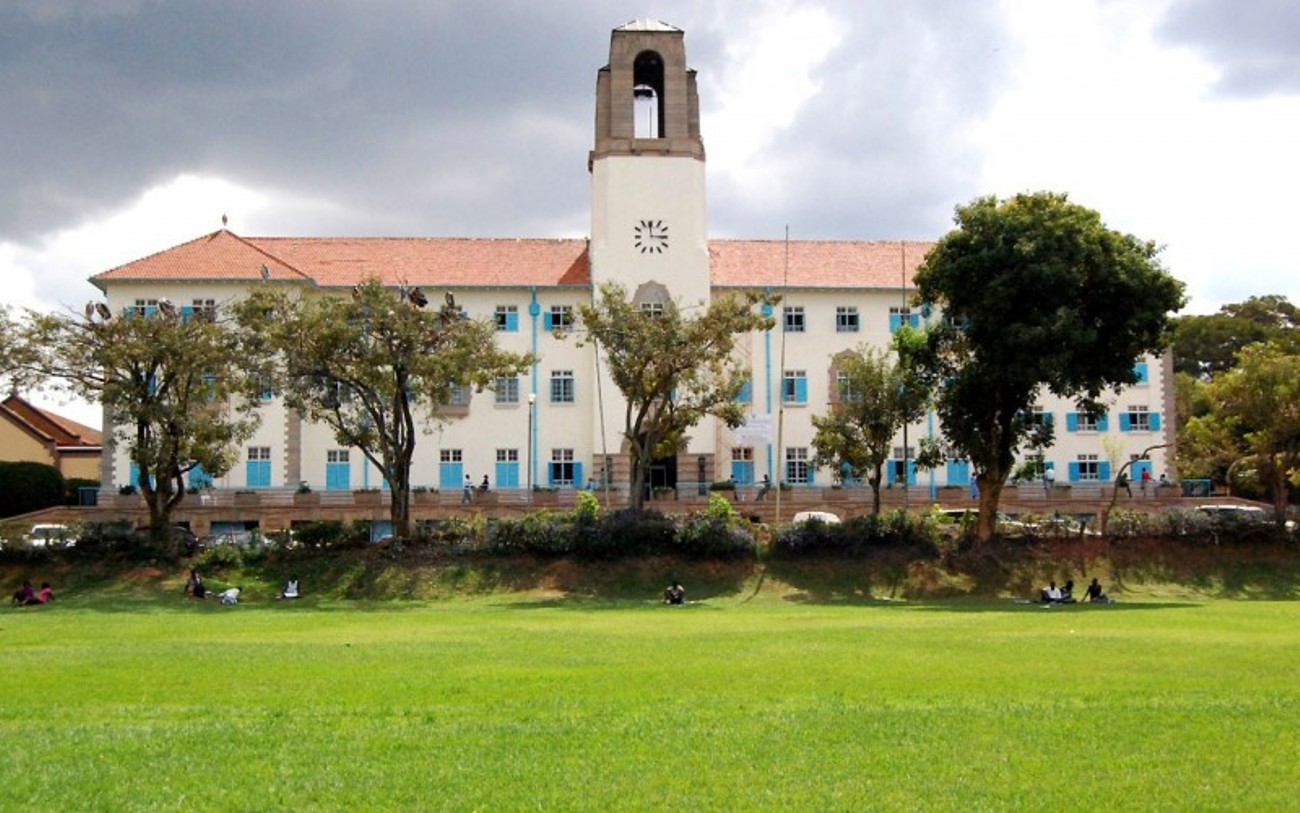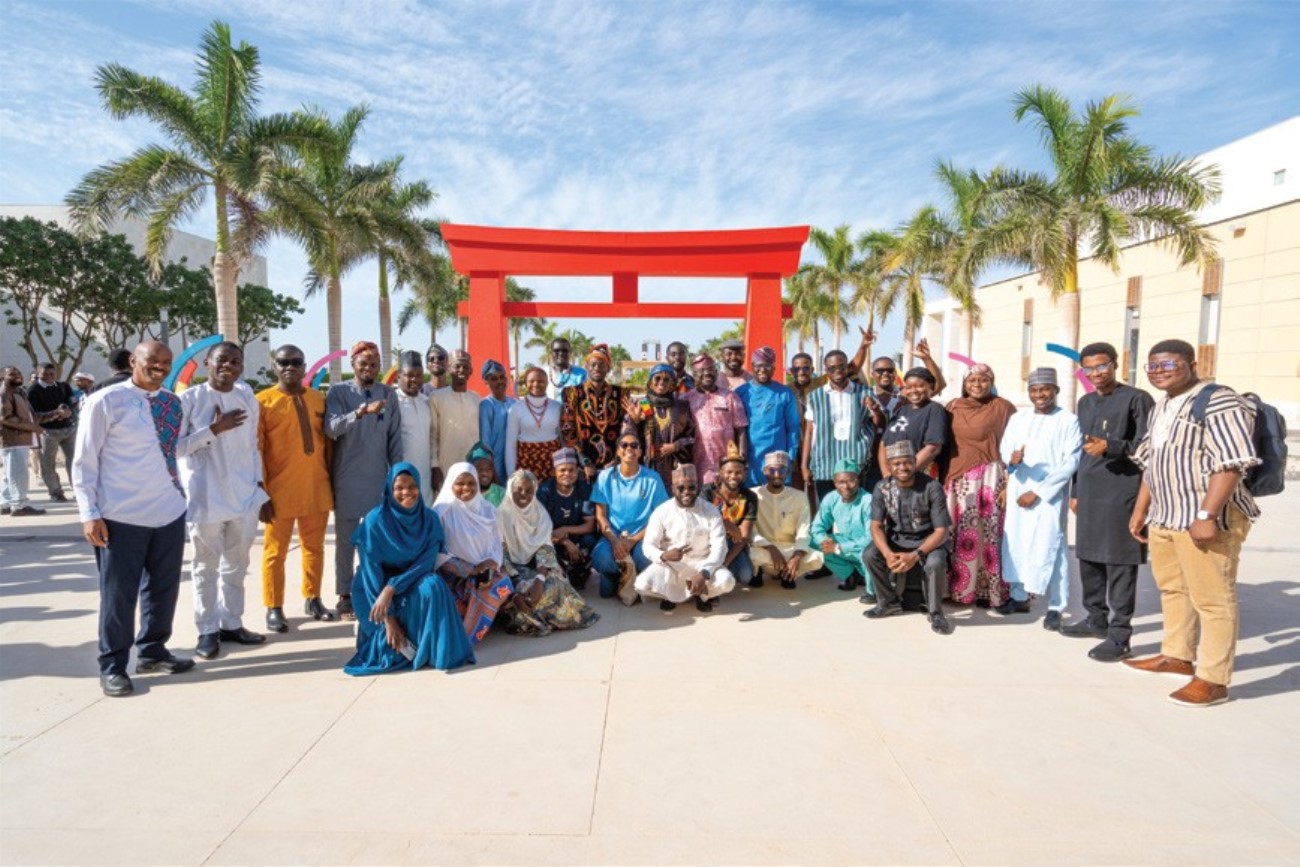The Vice Chancellor Professor Barnabas Nawangwe was at University of Zurich, Switzerland to attend the Dialogue Days under the theme, Global Health Challenges: What Next? Held from 9th to 11th September 2019, the event was organised by the Infectious Diseases Institute (IDI), Makerere University in collaboration with the University of Zurich (UZH) and the Careum Auditorium.
Dialogue Days is a two-day event (symposium) on Global Health sponsored by UZH, University Hospital Zurich, Researchers for Global Health, Makerere University and the Infectious Diseases Institute. The Dialogue days were interactive sessions and discussions with experts and emerging leaders on climate change, migration and infectious diseases. The focus of the dialogue was the interconnectedness of the global community, the challenges faced in different parts of the globe and what can be done to solve the future global health challenges. The event was open to the public and many scientists from Italy, other universities in Switzerland, Belgium, German and UK all joined the discussions.

Prof. Nawangwe was accompanied by the Principal College of Health Sciences (CHS), Prof. Charles Ibingira and the Head of Dept of Biosecurity, Ecosystems and Veterinary Public Health Dr. Clovice Kankya, who also represented Prof. J.D. Kabasa – Principal College of Veterinary Medicine, Animal Resources and Biosecurity (CoVAB). He was also accompanied by the Dean School of Medicine – Prof. Moses Kamya, former Dean School of Medicine – Prof. Harriet Mayanja Kizza, Executive Director IDI – Dr. Andrew Kambugu, Director of the Human Rights and Peace Center (HURIPEC) – Dr. Zahara Nampewo and Ms. Martha Muwanguzi – Head International Office at Makerere University. Also in attendance were senior researchers, young scientists, laboratory technologists, Clinicians and PhD students, among others.
The joint scientific symposium is held every other year at UZH and Mak alternately. In 2008, Mak signed a Memorandum of Understanding (MoU) with UZH to facilitate the forging of a mutually rewarding academic partnership. The MOU has fostered the establishment of multi-disciplinary partnerships across diverse fields including philosophy, social anthropology, ethics, health sciences, veterinary sciences and law.
One such partnership is the collaboration between the Epidemiology, Biostatistics and Prevention Institute of UZH and IDI. The partners exchanged visits including the co-hosting of scientific symposia in their respective institutions over the last ten years.
Presentations at the symposium were made on Communicable Diseases in Animals and Climate Change and the impact on our health. As the human population increases, the wrath has been meted on our environment, cutting down trees for firewood and charcoal as well as building houses.
This implies that wild animals which were living far away from us have now moved nearer to our homes and have infected our pets with diseases. Without proper vaccination, diseases are transmitted from pets to the humans. Not only to the humans but also to other domestic animals that we keep such as like pigs, goats and cows.
Migration is another important and key factor in spreading communicable diseases. From time immemorial, people have been on the move from their original places of abode to new places in search of jobs, and others as a result of wars, conflict and even epidemics in some instances. The migrants normally move with their animals such as goats, sheep and cows into new places.
Urbanisation has also contributed to the spread of Communicable diseases in big cities where many people are living in unhygienic conditions in slums. In such places, the HIV/AIDS prevalence is high, while cholera, bilharzias and other diseases are a common occurence. Neglected tropical diseases, rabies, scabies, Non-Communicable Diseases (NCDs), oncology, mental health, maternal and child health also pose a big challenge towards our health.
The easiest way to deal with some of the health challenges is through advocacy and thorough sensitization of the masses about the dangers of the diseases. The saying goes that “prevention is better than cure “. It was emphasized by the symposium that Leadership for global health has to be visionary and pragmatic, a voice for the voiceless and one that will look into the future of its citizens and plan for better health.
Participants were hosted to a dinner at the University cafeteria UniTurm which was attended by H.E. Christopher Onyanga Aparr, Uganda’s Permanent Representative to the United Nations and Other International Organisations, Geneva. In his speech, H.E welcomed the visitors from Uganda led by the Vice Chancellor and appreciated the hospitality by University of Zurich. He hailed the leadership of the two institutions for keeping the platform alive for the last ten years.
“Uganda and Switzerland enjoy cordial bilateral relations. The two respective governments have set in motion the requisite foundation upon which both parties can build on. It goes without saying that people to people relations are at the core of any country’s relations and I hence congratulate you for this great initiative.
It is worth noting that the Government of Uganda under its Vision 2040, being implemented through the five-year phased development plans, has earmarked Science, Technology. Engineering and Innovation (STEI) as one of the key sectors of the economy where it has and will continue to employ and support policies aimed at its leapfrogging, as we work towards transforming the Ugandan society from a peasant to a modern and prosperous country within 30 years including changing from a predominantly low income to a competitive upper to middle income country” remarked H.E. Onyanga Aparr.

The question of who is responsible for global health, kept recurring. Is it the developed world acting against the developing worlds through manufacturing expensive drugs for various illnesses in order to continue offering markets for their pharmaceutical companies? Do we have to train more people to handle the health challenges? Is it a political issue and some countries are out to make money and therefore not concerned about the health of others? Is it a leadership of our countries that is responsible?
Professor Christoph Lubbert, a senior researcher from Leipzig University Hospital, Germany said that global health challenges are due to multi-drug resistance in the treatment of illnesses. In many countries such as Uganda, people suffer from more than one disease. Treatment is given for the different illnesses and medication is taken at the same time. Many medicines taken together have an impact and form resistance in the body. There is constant use of antibiotics for treatment but at times, patients mistake the prescribed doses and the sickness does not go away. Doctors are forced to change the drugs of one illness which combine with drugs of another sickness which also form resistance in the body.

Dr. Christine Sekaggya-Wiltshire elaborated on drug resistance in TB patients. She studied her PhD at Makerere University and was also recognized by the UZH and given the joint (Mak-UZH) supervision arrangements for the degree. She said that, drug resistance was a result of several factors namely; poor adherence to medical prescriptions, late presentation whereby patients report to health facilities late when then sickness is advanced, drug interactions (many drugs at the same time) leading to resistance; some patients are too weak to tolerate drugs taken for a long period of time such as anti-TB drugs. There was a general feeling that drug concentrations manufactured for developing countries are low compared to those manufactured for developed countries. The drugs do not completely cure but provide relief to patients.
The Migration ‘Boma’ (fireside chat) was opened by Prof. Marina Carobbio, President of the Swiss National Council and moderated by Mr. Rudolf Kung, a renowned BBC journalist. It had four panelists discussing migration of humans and animals and its effects on health. Dr. Zahara Nampewo, Director of the Human Rights and Peace Centre (HURIPEC), School of Law discussed migration at the intracontinental level between countries starting in Africa mostly due to armed conflict.

Uganda is a hosting around one million refugees from South Sudan, DR Congo, Burundi, Somalia, Rwanda, Eritrea, Sudan and Ethiopia. The Government of Uganda’s open door policy is a disadvantage to the local population whose land is freely given out to the refugees without compensation. The health care facilities in the refugee camps are far better than what the locals have for their communities. This creates tension and conflicts between the local communities and the refugees. Refugees normally move with their animals which bring diseases to animals in the host communities. Since migration is not about to end, it will remain a future global health challenge.
Prof Beatrice Beck Schimmet, the Vice President of Medicine at the University of Zurich, Prof. Marina Carobbio, the President of thw Swiss National Council participated at the closing of the event. Both highlighetd the the importnace of discussing these complex topics so that, together we can confront them. The dialogue at the tea breaks, lunch and coffee breaks was the highlight of the event.
Participants had the opportunity to engage with collegues from different fields and expressed interest in working together in the future. It is evident that global health challenges call for global solutions and what unites us is greater than what separates us. Future global health challenges can only be propoerly addressed in an international framework, in which everyone; NGOs, politicians, scientists, pharmaceutical companies and scholars need to operate with a global vision and awareness.
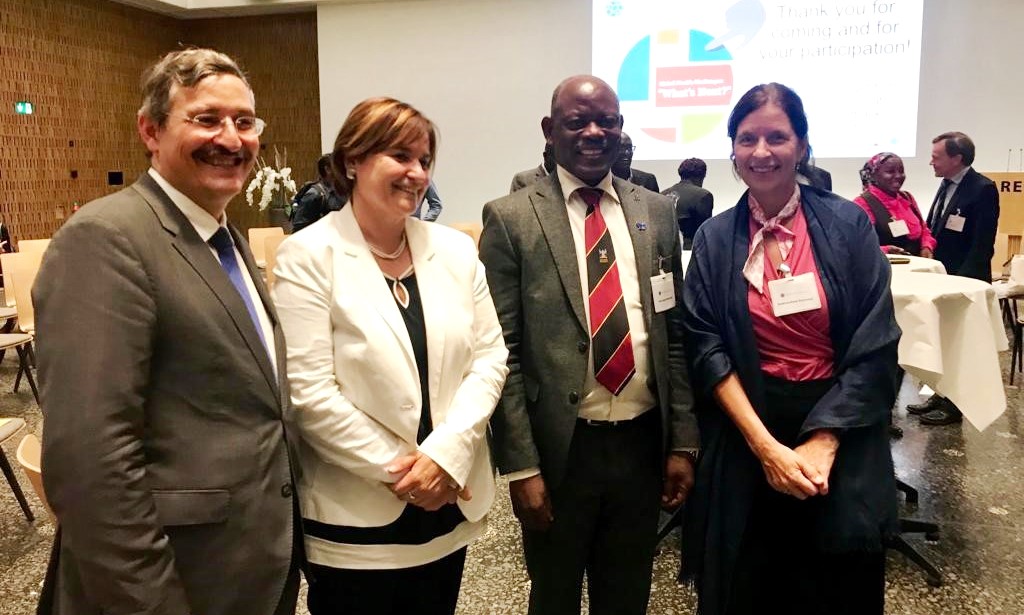

 General2 days ago
General2 days ago
 Health1 week ago
Health1 week ago
 Innovation2 days ago
Innovation2 days ago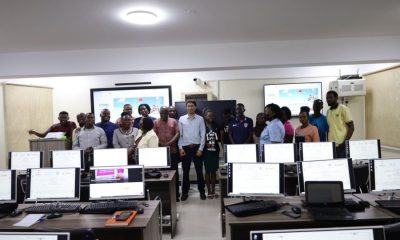
 Computing & IS3 days ago
Computing & IS3 days ago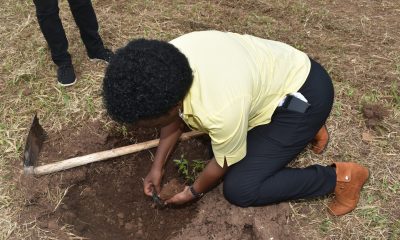
 Agriculture & Environment2 days ago
Agriculture & Environment2 days ago







